九一一20周年 塔利班在喀布尔总统府升起旗帜
文 / 林煇智
9/12/2021
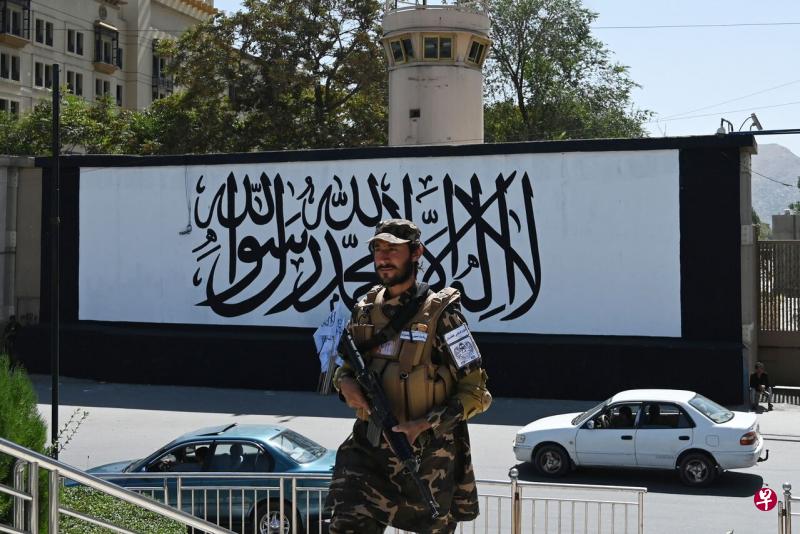
(早报讯)塔利班在美国纪念九一一恐怖袭击20周年之际,在阿富汗首都喀布尔的总统府升起了自己的旗帜。
中通社报道,塔利班文化委员会发言人艾哈迈德说,当地时间上午11点,塔利班举行了一个简短的仪式,纪念塔利班政府的成立。
当天,总理阿洪德升起了黑白旗帜。该旗帜通体印有黑色的《古兰经》经文。穆塔基说,这次升旗标志着阿富汗新政府的正式启动。据另一名塔利班官员说,这面旗帜于前一天在阿富汗总统府首次升起。
在人去楼空的美国驻喀布尔大使馆,有塔利班人员到场“参观”和拍照留念。有人在大使馆外兜售塔利班旗,更在大使馆外墙上写上伊斯兰酋长国口号。
2001年9月11日,19名与极端组织基地组织有关的成员劫持了飞机,制造了震惊世界的恐怖袭击事件。近3000人在这场事件中丧生,这场事件后来导致了一场持续20年的阿富汗战争。
Taliban raise their flag over Afghan presidential palace as US marks 9/11 attacks
The Associated Press, Kabul
9/12/2021
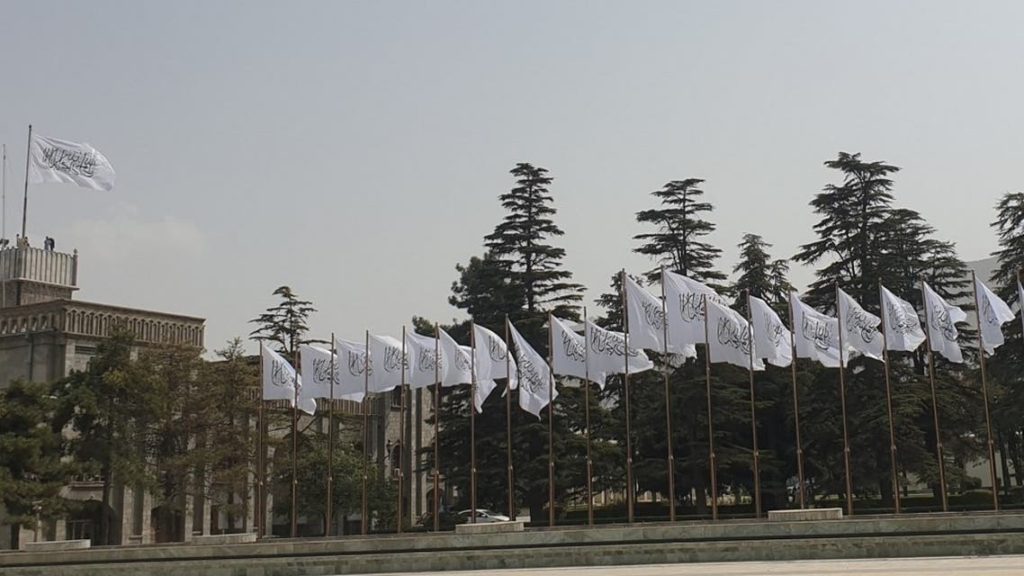
The Taliban raised their flag over the Afghan presidential palace Saturday, a spokesman said, as the US and the world marked the 20th anniversary of the September 11 attacks.
The white banner was hoisted by Mohammad Hassan Akhund, the prime minister of the Taliban interim government, in a low-key ceremony, said Ahmadullah Muttaqi, multimedia branch chief of the Taliban’s cultural commission.
The flag-raising marked the official start of the work of the new government, he said. The composition of the all-male, all-Taliban government was announced earlier this week and was met with disappointment by the international community which had hoped the Taliban would make good on an earlier promise of an inclusive lineup.
In a tweet, Afghanistan’s first president to follow the 2001 collapse of the Taliban, Hamid Karzai, called for “peace and stability” and expressed the hope that the new caretaker Cabinet that included no women and no non-Taliban would become an “inclusive government that can be the real face of the whole Afghanistan.”
He marked the 20th anniversary of the 9/11 attacks on America with a meeting of tribal elders on his high-walled compound in the Afghan capital where he has remained with his family since the August return of the Taliban to Kabul.
Two decades ago, the Taliban ruled Afghanistan with a heavy hand. Television was banned, and on Sept. 11, 2001, the day of the horrific attacks on America, the news spread from crackling radios across the darkened streets of the Afghan capital of Kabul.
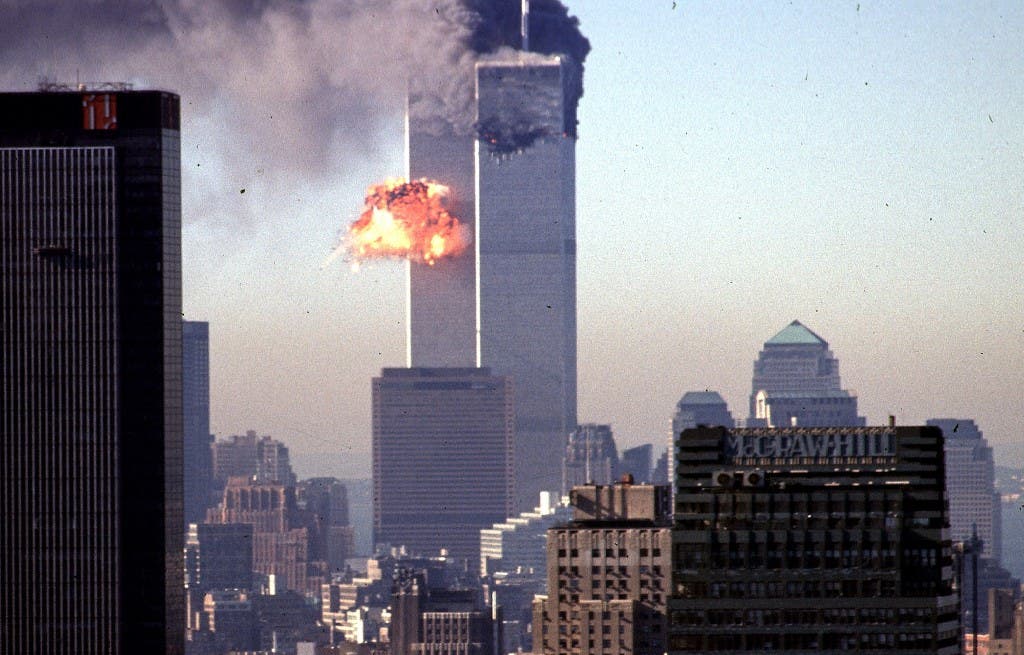
The city rarely had electricity and barely a million people lived in Kabul at the time. It took the US-led coalition just two months to drive the Taliban from the capital and by Dec. 7, 2001, they were defeated, driven from their last holdout in southern Kandahar, their spiritual heartland.
Twenty years later, the Taliban are back in Kabul. America has departed, ending its ‘forever war’ two weeks before the 20th anniversary of 9/11 and two weeks after the Taliban returned to the Afghan capital on Aug. 15.
Changes in Taliban rule
Some things have changed since the first period of Taliban rule in the 1990s.
This time, the gun-toting fighters don’t race through the city streets in their pickups. Instead, they inch through chaotic, clogged traffic in the city of more than 5 million. In Taliban-controlled Kabul in the 1990s, barber shops were banned. Now Taliban fighters get the latest haircuts, even if their beards remain untouched in line with their religious beliefs.
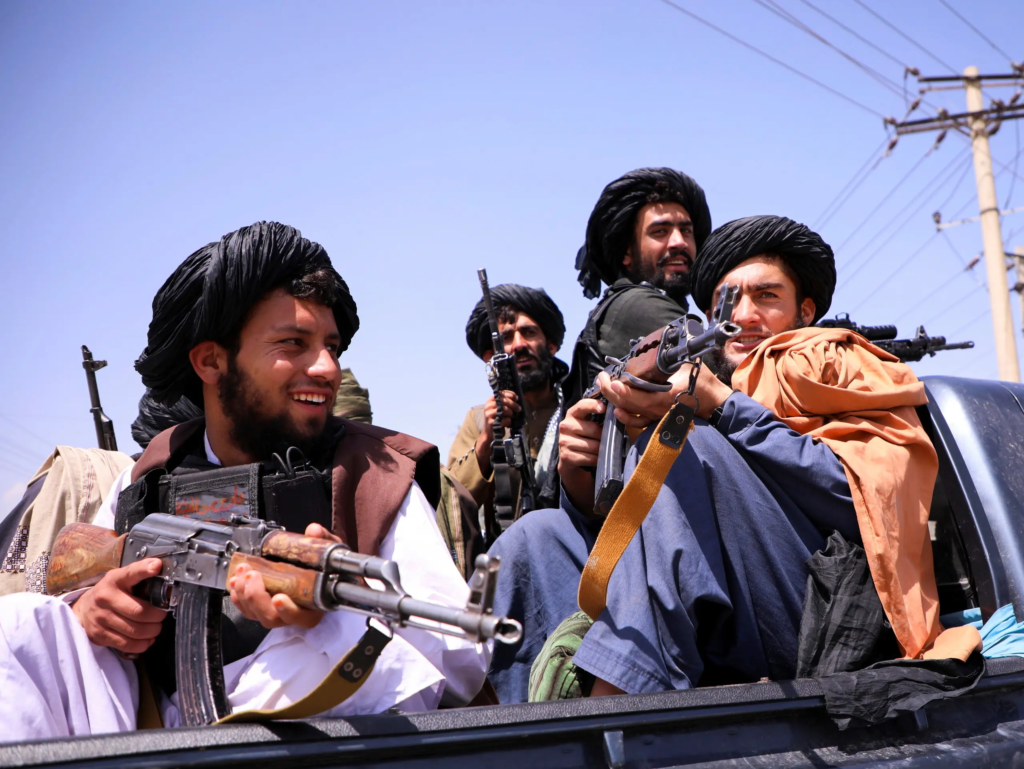
But the Taliban have begun issuing harsh edits that have hit women hardest, such as banning women’s sports. They have also used violence to stop women demanding equal rights from protesting.
Afghan women in burkas march in support of Taliban
On Saturday, the Taliban even orchestrated a women’s march of their own. This one involved dozens of women obscured from head to toe, hidden behind layers of black veils. They filled an auditorium at Kabul University’s education center in a well-choreographed snub to the past 20 years of Western efforts to empower women.
Speakers read from scripted speeches celebrating the Taliban victory over a West they charged was anti-Islam. The women marched briefly outside the center grounds, waving placards saying “the women who left don’t represent us,” referring to the many thousands who fled in fear of a Taliban crackdown on women’s rights. “We don’t want co-education,” read another banner.
Outside the hall, the Taliban director of higher education, Maulvi Mohammad Daoud Haqqani, said 9/11 was the day “the world started their propaganda against us calling us terrorists and blaming us” for the attacks in the US.
At a dusty bookstore in Kabul’s Karte Sangi neighborhood, Atta Zakiri, a self-declared civil society activist said America was wrong to attack Afghanistan after 9/11.
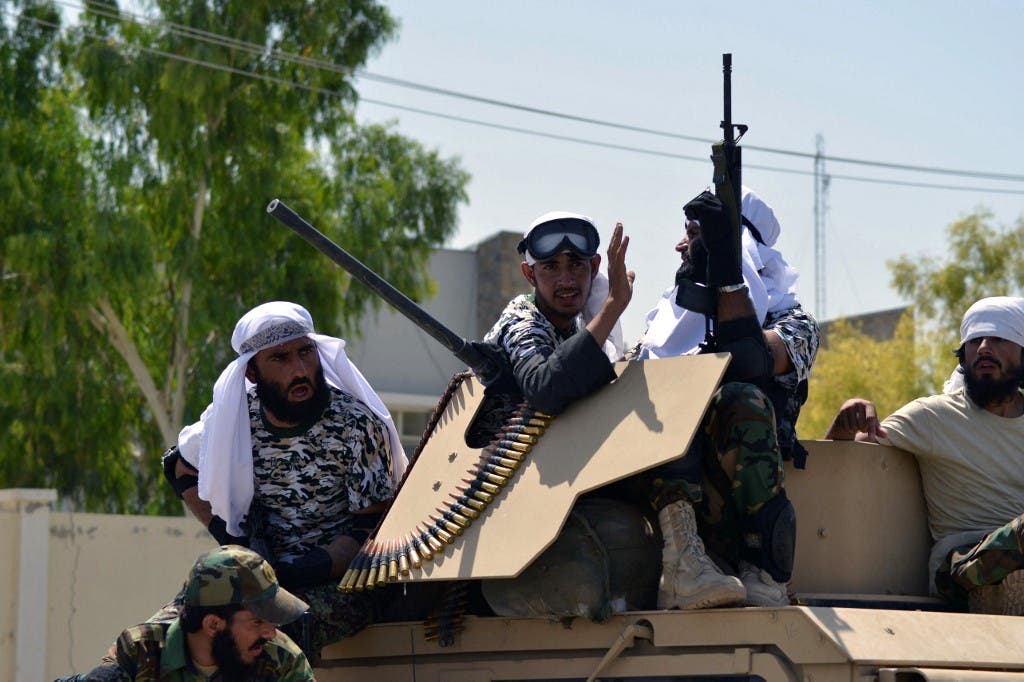
He blamed the invasion that followed the 9/11 attacks for creating another generation of extremist Taliban fighters.
“The Taliban should have been allowed to stay. Why didn’t we work with them? Instead, they went to fight,” he said.” And now we are back to where we were 20 years ago.”



